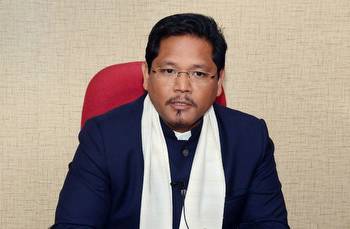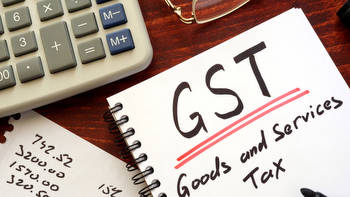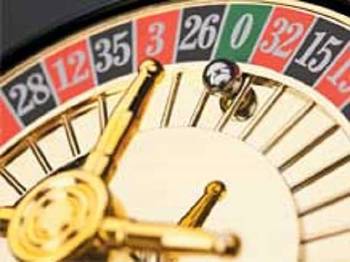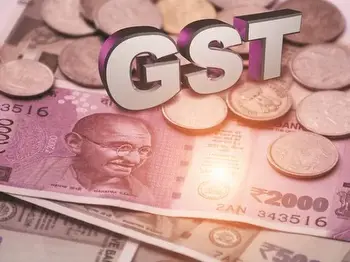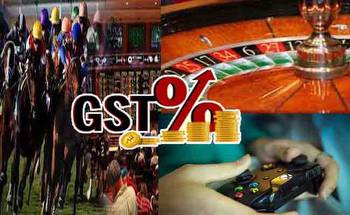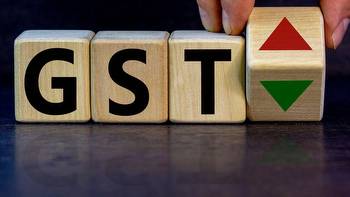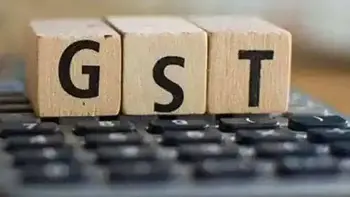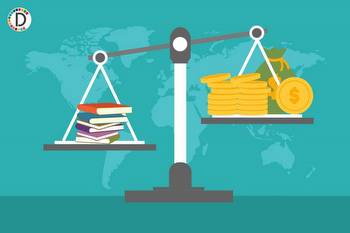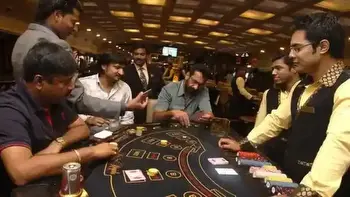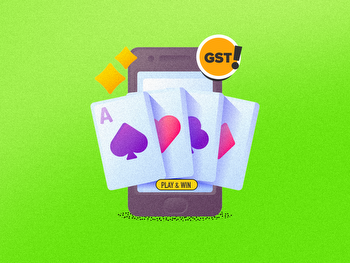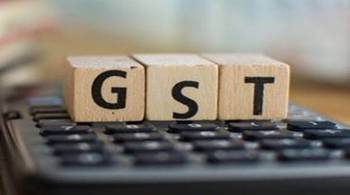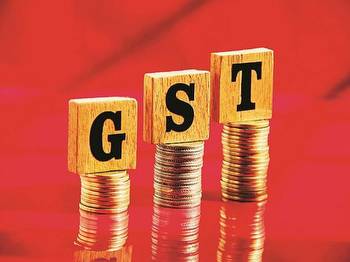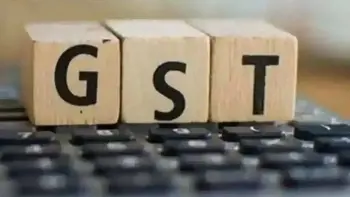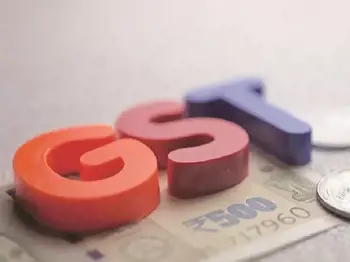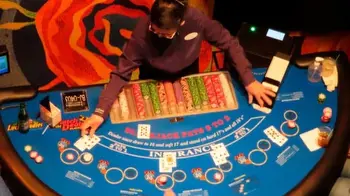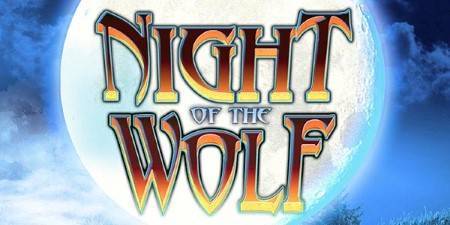GoM calls for 28% GST on online gaming, casinos; tax likely on face value
At the moment, most online gaming platforms pay 18 per cent on the commission collected by online gaming platforms for each game
An empowered group of ministers (GoM) — set up to look into taxation of online gaming, casinos and races — has unanimously proposed a flat 28 per cent goods and services tax (GST) on these activities.
The panel of ministers, which met on Wednesday, also decided that the tax will be levied on the entire “face value” or “bet amount” and not on the total transaction value. Total transaction value includes the prize money, or the net commissions (revenues) that accrue to gaming firms.
The proposed move to levy tax on the face value will not affect state revenues as these activities are banned in the state, one of the panel members told Business Standard. He added that a consensus was reached to levy tax at 28 per cent on all kinds of online gaming. “A detailed report based on the proposal will be submitted to the GST Council by the end of this week,” people who attended the meeting said. The report is likely to be taken up by the GST Council in its meeting expected later this month or early next month.
At the moment, most online gaming platforms pay 18 per cent on the commission collected by online gaming platforms for each game. While those involved in betting or gambling attract 28 per cent. On horse racing, GST is levied at 28 per cent on the total bet value.
In the case of casinos, the panel decided that the levy should be on the amount paid at the entry point, that is, while purchasing the chips but not on every betting transaction, another member said.
While in the case of horse racing, the existing practice of levying tax at 28 per cent on the entire bet amount is proposed to be continued.
The GoM also discussed the implications of hiking the rates to the highest slab of GST on the state’s revenue. “The decision to levy tax at 28 per cent on the face value in casinos and online gaming will not affect state revenues as these activities are banned in states,” two of the panel members said. Same goes with horse racing as it continues to attract 28 per cent, they added.
The state finance ministers’ group is headed by Conrad Sangma, the chief minister of Meghalaya. The meeting was attended by the finance ministers of Goa, Uttar Pradesh, Gujarat, Tamil Nadu and Maharashtra, and officers from Telangana. Sangma said the ministers had arrived at a consensus on the issue of taxation on online gaming.
Experts believe that the proposed move will discard the industry’s arguments of treating games of skill differently from games of chance.

They say that keeping games of skill and games of chance at par and taxing both games at a sin rate of 28 per cent will be detrimental to the nascent Indian online gaming sector. “The online gaming industry is at a deflection point where the proposed regulatory changes in the GST structure could lead to significant disruption. Further, the valuation mechanism proposed for this increased tax rate is also going to impact their cash flows and business viability. With the industry being at this nascent stage, it is arguably recommended that a favourable regulatory regime could provide the required impetus to the overall sector,” said Saurabh Agrawal, tax partner, EY.
Online gaming has been facing tax conundrum, as authorities are taxing full bet amounts instead of only the commission. Or, they are processing charges, which are just a fraction of the entire bet amount.
Earlier this year, the online gaming industry’s lobby group — including Dream11 and Mobile Premier League — approached the finance ministry.
The lobbyists pleaded that the statutory provision of GST— that is, Rule 31A of the CGST Rules 2017 (applicable to lottery, betting, gambling and horse racing) — should not apply to games of skill.
The GST Council had formed a GoM last year, which was reconstituted in February.
Dear Reader,
Business Standard has always strived hard to provide up-to-date information and commentary on developments that are of interest to you and have wider political and economic implications for the country and the world. Your encouragement and constant feedback on how to improve our offering have only made our resolve and commitment to these ideals stronger. Even during these difficult times arising out of Covid-19, we continue to remain committed to keeping you informed and updated with credible news, authoritative views and incisive commentary on topical issues of relevance.
We, however, have a request.
As we battle the economic impact of the pandemic, we need your support even more, so that we can continue to offer you more quality content. Our subscription model has seen an encouraging response from many of you, who have subscribed to our online content. More subscription to our online content can only help us achieve the goals of offering you even better and more relevant content. We believe in free, fair and credible journalism. Your support through more subscriptions can help us practise the journalism to which we are committed.
Support quality journalism and .








